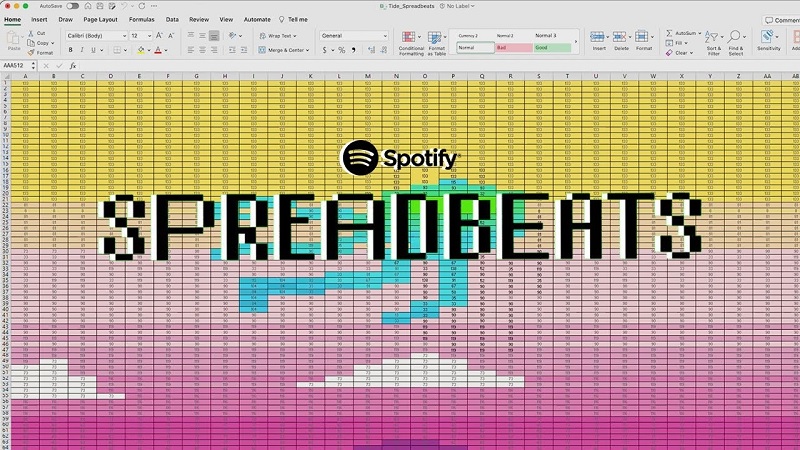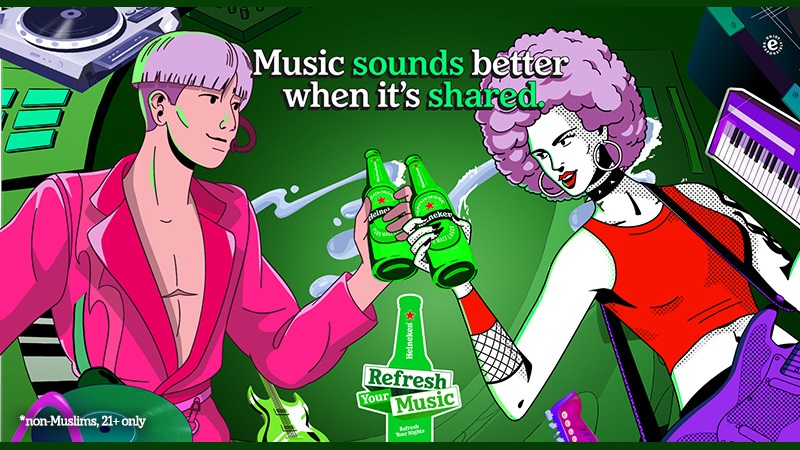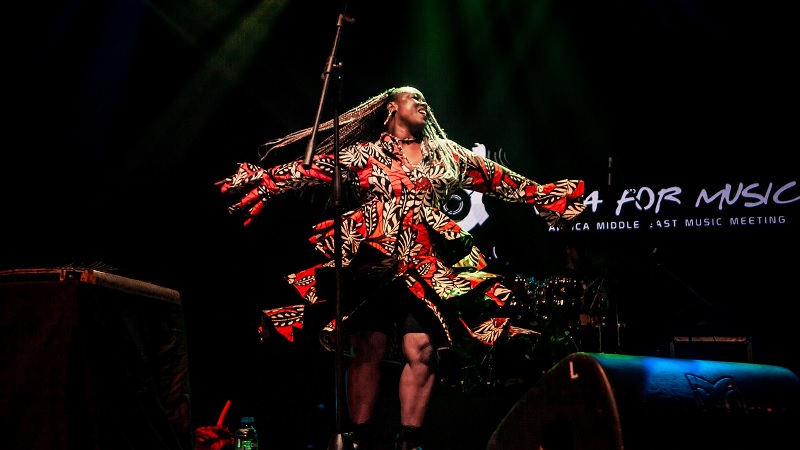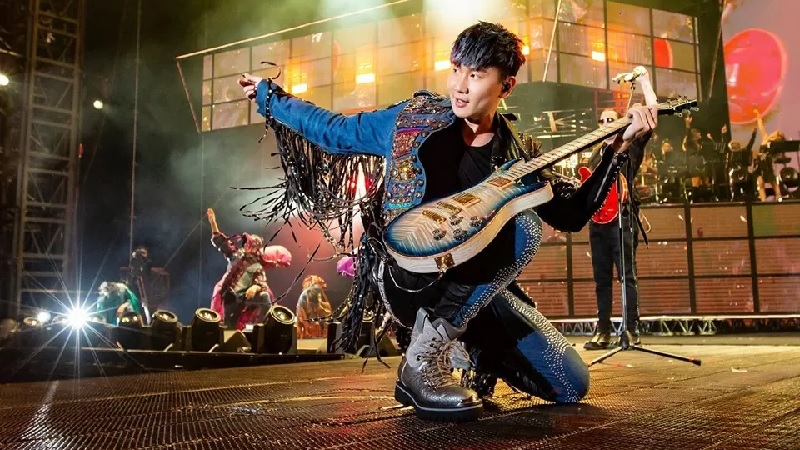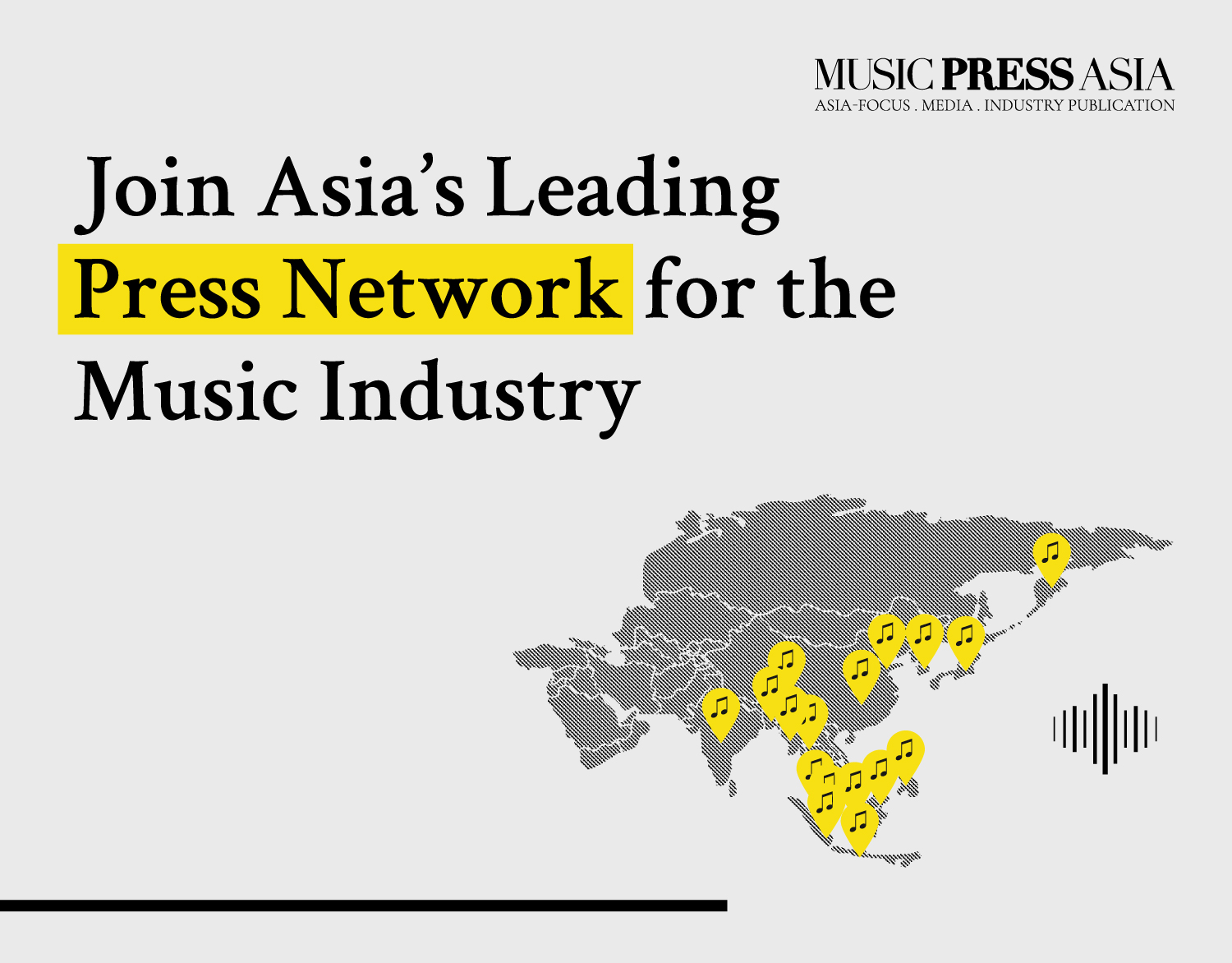YouTube Credits Songwriter, Label, Publisher Of Music Videos
YouTube is following suit after Spotify announced that they will be crediting songwriters and publishers earlier this year. They might not be so different after all.
YouTube is following suit after Spotify announced that they will be crediting songwriters and publishers earlier this year. They might not be so different after all.
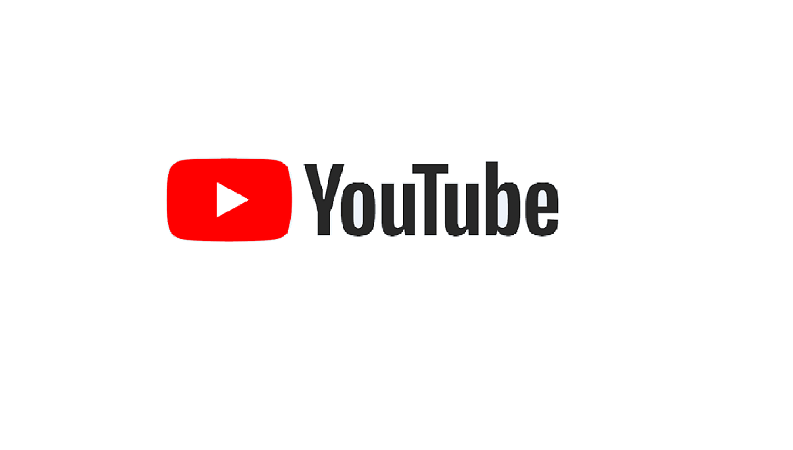
As of February 2017, there are more than 400 hours of content uploaded to YouTube each minute, and one billion hours of content are watched on YouTube every day.
YouTube announced today that “Music in this video” now credits the artist, songwriter, label and publishers of over half a billion music videos. By including music credits on the platform, it signifies a positive and dramatic move towards crediting the creator community. These ‘music discovery’ information are available on both music videos and content that features recorded music generated by YouTube users.
“When it comes to producing a song or an album, songwriters, music producers, labels and every one behind the scene should all be given as much credit as the artist who performs the music. Competition is at all time high in this crowded music marketplace, and when we do hear a potential hit song, we want to know immediately who’d actually created it,” said Monica Tong, editor in chief of Music Press Asia.
It has been a long-standing complaint that music platforms are not able to credit producers and musicians who’d participated in the music. Spotify reacted early February this year by crediting producers and songwriters under its ‘Show Credits’ menu, though. However, the joy was short lived after commentators discovered that cover songs originally by Bob Dylan’s ‘Knockin’ On Heaven’s Door, was not attributed to him – admits Spotify in an initial announcement that the ‘credit’ feature is still very much a ‘work in progress’. Alas, it resorted to naming only the record labels; shifting its blame away from accuracy for the time being. Hopefully this is part and parcel, and a turning point, towards identifying and remunerating the long assembly lines of songwriters and producers.
“While publishers and songwriters have always played significant roles and were credited in physical albums and releases, it never actually made its transition to the digital market. This mean that the battle to accurate identification to pay the rightsholder are still very much unresolved. Whatever the reason is, this is already long overdue and platforms like Spotify and YouTube, although have made a significant step forward, continues to have a Jekyll and Hyde attitude on the matter. It’s reliability to license the music and pay accurately is still questionable,” said Justin Kim, founder and producer of Jun Tae Records.
The advent of the internet era has already encouraged massive cross-border collaboration for the last few decades and with more data online, the world of music collaboration is just at the start of a long race towards rightful monetization. Will songwriters and producers be at the end of this long-standing payment queue at last? Will YouTube be able to shift subscribers from Spotify, one of its toughest competition to date? Where could songwriters and publishers turn to now? Can blockchain technology be the next hero to the rescue? Well, that’s another story to tell.

